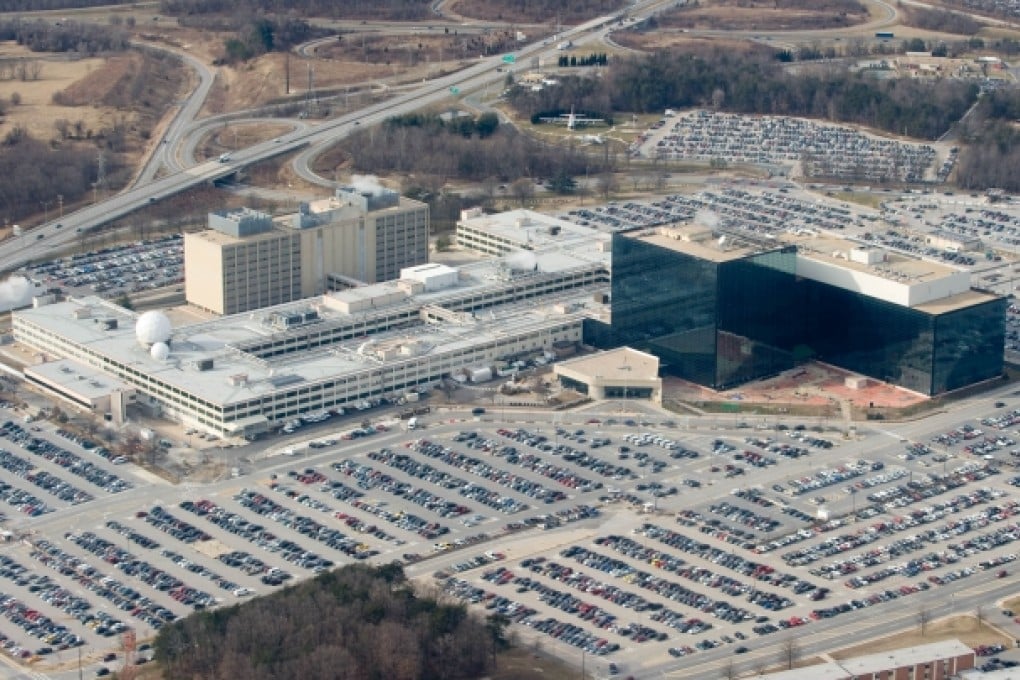
Big Brother is watching you - this was the warning in George Orwell's novel Nineteen Eighty-Four, published in 1949. Sixty-four years later, the world is shocked to learn that Big Brother is getting bigger. It is widely known that the United States stepped up its spying activities following the 9/11 terrorist attacks. Based on the details exposed by former CIA computer technician Edward Snowden, however, its surveillance programme appears to be more intrusive than previously thought. Reports of Orwell's book making the top 100 bestseller list in the US within days of Snowden's revelations show there is keen interest in the subject. Concerns by the international community underlines the growing discomfort over the alleged access. A global debate on how to strike a balance between national security and personal privacy is inevitable.
The surveillance programme, known as Prism, allows the National Security Agency to collect information from US internet giants like Google without an individualised court order if the target is a non-citizen overseas. Officials argue that it is an essential weapon to keep the country safe, having foiled numerous terrorist attacks, including attempts to bomb a Danish newspaper and the New York subway in 2009. The disclosure by Snowden, they say, has already harmed national security and made the country vulnerable.
National security is no doubt a foremost concern for all countries. But it is highly debatable if a country's well-being should be built upon the erosion of other's rights and privacy. Pressure is growing on the US to clarify whether it has hacked Hong Kong computers, as claimed. The city, after all, does not seem a likely base for terrorism. The indignation in Europe over the massive secret tapping is clear evidence that the world has yet to converge on where to draw the line.
The fallout has highlighted a wide range of issues. Is cybersnooping in the name of national defence justified? If so, to what extent should it be carried out? Can all nations do the same? Should there be international protocols for such activities? More importantly, are there any safeguards against abuses? These are valid questions to be addressed as the world is brought closer than ever by new technology.
Like it or not, snooping already exists on a scale bigger than many would like. The controversy has sent shock waves across the globe. Better oversight and accountability are needed to guard against abuses.